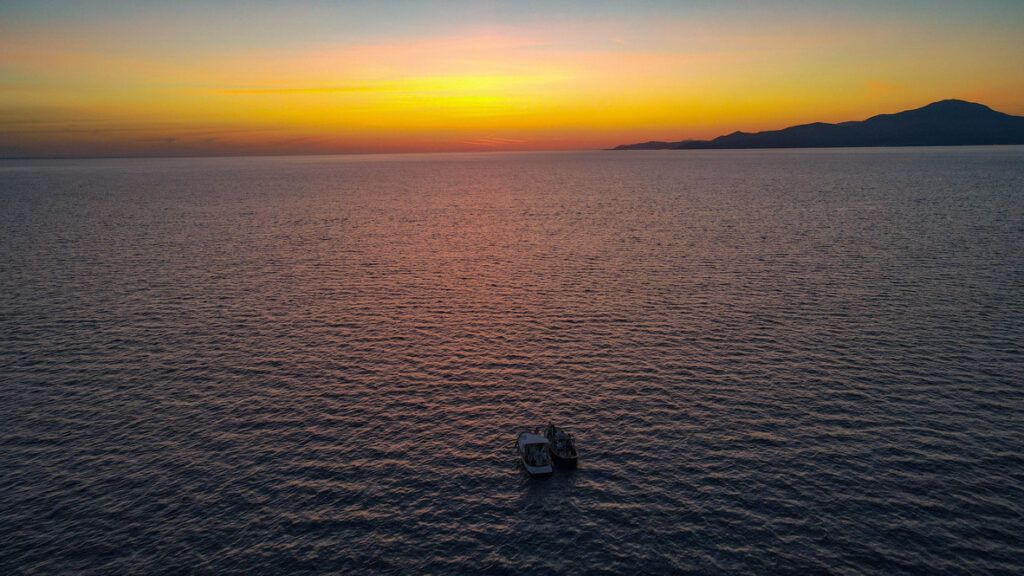Covering two-thirds of the Planet, seas and oceans are the true blue gold of our communities, natural ecosystems, and economies, both local and global.
Celebrating the fourteenth World Oceans Day today is a way to call attention to the issue of caring for delicate marine ecosystems but also, and above all, to unite the peoples of the world in a collective action for the regeneration of seas, oceans and all that flows from them. Indeed, this is the theme of this year’s UN World Oceans Day.
We know today that oceans are the most important regulators of climate change, that they are extraordinary sponges against greenhouse gases and the primary providers of the water and oxygen we need to survive. We are also well aware of how much oceans contribute to the social and economic survival of communities, providing livable environments and opportunities for jobs and livelihoods. Yet they continue today to be deeply mysterious environments to humans: more than 90 percent of underwater species are still unknown. Just as they continue to be profoundly threatened today: marine pollution, ocean warming, eutrophication, acidification, overfishing, and destruction of marine habitats hamper ecosystem biodiversity and ocean food webs. Challenges that affect both the seas and basic human rights, especially for small-scale local fishers, who depend heavily on the health of the oceans for their survival.
So beyond slogans and words today we need action. Collective, participatory, inclusive, ambitious and regenerative actions. Actions born from the meeting of the various actors and protagonists, local and global, to co-create together real solutions capable of taking into consideration different needs, to create the basis for collective prosperity.
It is precisely from this need that Trame Mediterranee Blue Edition was born, a six-day event in which, directly from Pollica, the heart of the Mediterranean, young people and fishermen will meet, together with scientists and experts of the fishing ecosystem, to re-discover the Mediterranean and co-design, through design methodologies and prosperity thinking, practical proposals for the realization of the first Experimental Marine Area, of Italy and Cilento.
Too often, marine protected areas are considered areas of denial and deprivation: areas that are particularly vulnerable or damaged, areas where fishing or transit is not possible. Instead, these same areas could be transformed into incredible opportunities: Experimental Marine Areas where the role of fishermen becomes strategic again; places of care and research for sustainable innovation, at the slow pace of ci-lento, the time of Regeneration.
For this we started from the Mediterranean, a biodiversity hotspot and a place characterized by small-scale fishing. Thanks to the collaboration between the Future Food Institute, the Municipality of Pollica and the Angelo Vassallo Mediterranean Diet Study Center, from July 4 to 9, 2022, this area will be transformed into a laboratory of integral ecology, to create awareness of the immense value of the intangible heritage encapsulated in the concept of the Mediterranean Diet and create models for a sustainable Mediterranean future.
This innovative, inter-generational program is conducted in Italian. For more information, visit: https://futurefoodinstitute.org/event/trame-mediterranee-blue-edition/

